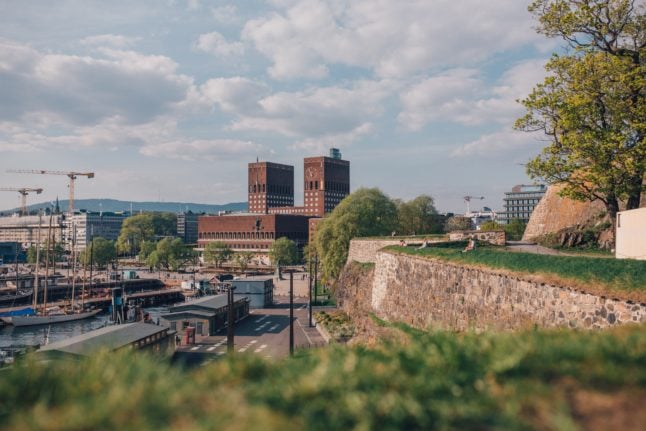“Visibility in ABB’s markets for the remainder of 2009 remains limited,” said the group and said that it was unclear when a turnaround may come.
ABB reported that its first quarter net profit fell to $652 million in the first quarter.
“The cost and scarcity of project funding have delayed many power investment decisions, and ABB is unable to precisely forecast when the various government stimulus programmes will have an impact or when the availability of funding will improve,” ABB added.
Orders received in the first quarter fell just 3.0 percent in local currencies, but when converted into US dollars, it reflected a slump of 17 percent.
Orders received from the Middle East and Africa helped to limit the overall slide in orders in local currency terms.
However, weak demand in the construction industry weighed on the group.
“Demand for ABB’s industrial products and systems deteriorated in the quarter as global industrial production continued to contract and demand in the construction industry decreased further,” said ABB.
While demand for power infrastructure remained steady during the period, the group said limited availability of financing for large power projects and the uncertainty over raw material prices was delaying the award of new projects.
The group in February said its annual profit slipped 17 percent to $3.12 billion in 2008, after a steep drop in big orders from emerging markets in the fourth quarter.


 Please whitelist us to continue reading.
Please whitelist us to continue reading.
Member comments